Misk Art Institute, a renowned non-profit cultural organization devoted to enabling the creation of a vibrant creative community, has declared the opening of The Art Library: Discovering Arab Artists, a legacy effort in partnership with Rizzoli Libri.
The Art Library is a landmark art publishing series that concentrates on some of the most renowned and important modern and contemporary Arab painters, with a specific emphasis on Saudi artists. The initiative's goal is to provide an accessible and captivating resource that provides readers with a thorough overview of the themes that impacted the history of modern and contemporary Arab art. The publications, which are available in Arabic and English, are dedicated to recording and exhibiting key works from their history, philosophy, and experiences.
Mona Khazindar, Deputy for Cultural Assets and Centers at the Saudi Ministry of Culture and former Director-General of the Institut du Monde Arabe in Paris, is the series' editor. The series' first two volumes will be available for purchase towards the end of this month. “The Art Library is part of Misk Art Institute's goal to contextualize the rich creative diversity present not just in the Kingdom, but also with the Arab world.
“This could be a historic and ambitious undertaking that the Institute has undertaken to archive and archive the careers of Arab artists who are regarded among the most prominent in their field,” wrote Prince Badr bin Farhan Al Saud, Chairman of Misk Art Institute and Minister of Culture, in the foreword to Abdulrahman Alsoliman's book.
The first series focuses on the work of Saudi painter Abdulrahman Alsoliman (b.1954), a founder of the Kingdom's art scene who served as the first president of the Saudi Society for Fine Arts (2007- 2012) and Egyptian artist Adam Henein (1929-2020), who created the International Sculpture Symposium in Aswan, displayed with textual comments from local and international art critics, curators, authors, and curators, and chosen work.
Alsoliman's book depicts his artistic reaction, preserving his inherently abstract approach and the signals and symbolism in his work. Through an earlier unpublished selection of charcoal drawings he made in the last two decades, Henein's book shows an intimate side of his work. “The Art Library was created on the notion of documenting the work of Saudi and Arab artists and enhancing local creative material, which is at the heart of Misk Art Institute's goals.
“We understand that there is a lack of publications on regional artists, and part of our aim is to develop a culture of awareness, promote greater documentation in art and culture, and give respect to artists,” Reem Al-Sultan, CEO of Misk Art Institute, stated. The inauguration of The Art Library is accompanied by two shows honoring Alsoliman and Henein in Riyadh's Prince Faisal bin Fahd Arts Hall.
The exhibition encourages readers to encounter the artworks for the first time in this setting in recognition of the pioneering artists. For Henein's show, works from the Adam Henein Foundation were sourced, while Alsoliman contributed paintings out of his collection. Panel talks and workshops for adults and children also are part of the program. The Art Library will produce four books per year, two volumes in each season (spring and fall).
The curated collection, which includes a Saudi and an Arab artist, is meant to spark a curatorial discussion among the evaluated artists. Each book will concentrate on a specific piece or series in an artist's career, with articles contributed by prominent curators, writers, and specialists. Misk Art Institute claims this is devoted to supplying the Arab art sector with substance and context “via an immortal literary celebration of Arab art history for generations to come,” in collaboration with Rizzoli Libri and Khazindar as editor.
“The Art Library is an Arab production which will allow us to document our history, and we believe that by releasing this series, we can motivate and educate audiences about Arab art all across the world,” Khazindar added. “Books have always been essential since they are what remains at the end of the day. The work of an artist is a sort of archiving of our times, a historical record.”
Contributors to Alsoliman's book, which concentrates on his use of signs and symbols, including Roxane Zand (Founder, ZandFineArts), Farouk Yousif (art critic and poet), and Zain Al Saie (curatorial assistant and education coordinator at Al Riwaq Art Space, Bahrain).
Henein's book concentrates on his charcoal drawings, which are analyzed for maybe the first time by Sacha Craddock (art critic, writer, and curator, executive board member of the International Association of Art Critics), Salah Bisar (art critic and award-winning novelist), and Nayra Zaghloul (art advisor and researcher).
The Art Library's next sequence features books by award-winning Lulwah Al Homoud (born 1967), whose practice alternates between both the spiritual and the mathematical, and Rafa Nasiri (1940–2013), an Iraqi painter, printmaker, lecturer, and graphic designer whose abstract works have been an inspiration from nature and frequently infused with Arabic calligraphy.
The Art Library contains softcover volumes with full color and archive pictures in an accessible size of 16.5 x 24 cm and would be distributed internationally through major international bookshops and renowned museums, and also ready for online purchase.
Misk Art Institute, founded in 2017 in Riyadh, Saudi Arabia, is a non-profit organization devoted to encouraging and catalyzing the creation of an artistic community in Saudi Arabia and beyond the region. The Institute is committed to making the arts more available by strengthening young artists via an integrated ecosystem of support, knowledge, and education – unleashing opportunities and improving the country's cultural infrastructure. The Misk Art Grant is the region's largest artist support program of its type. Misk Art Week, held annually, brings together intellectual leaders in the creative sectors to discuss the Kingdom's art scene and its goals.
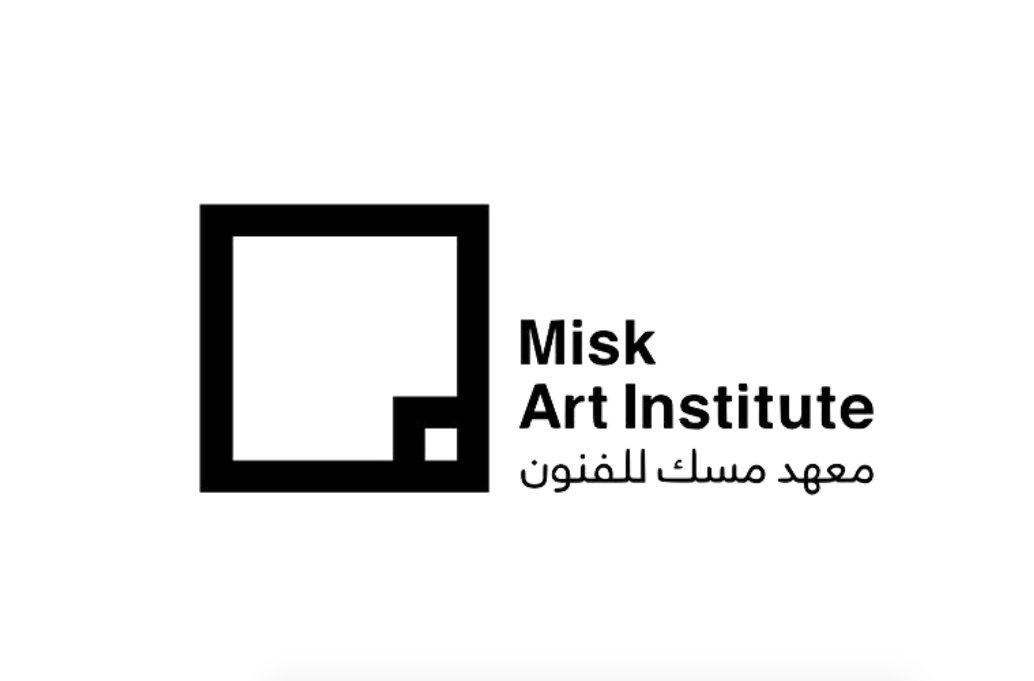
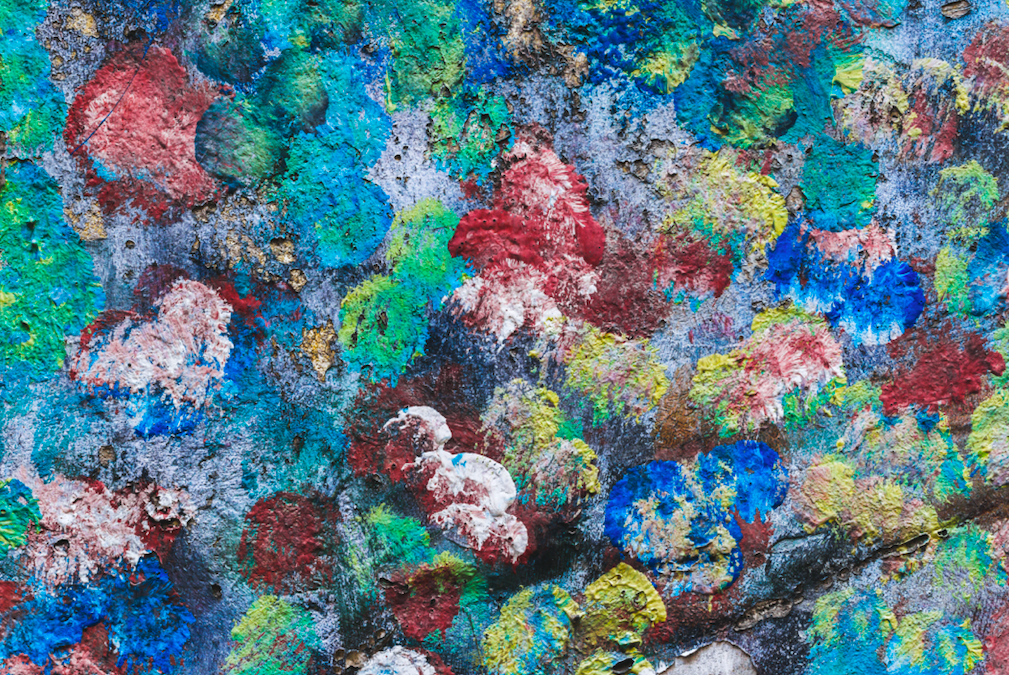
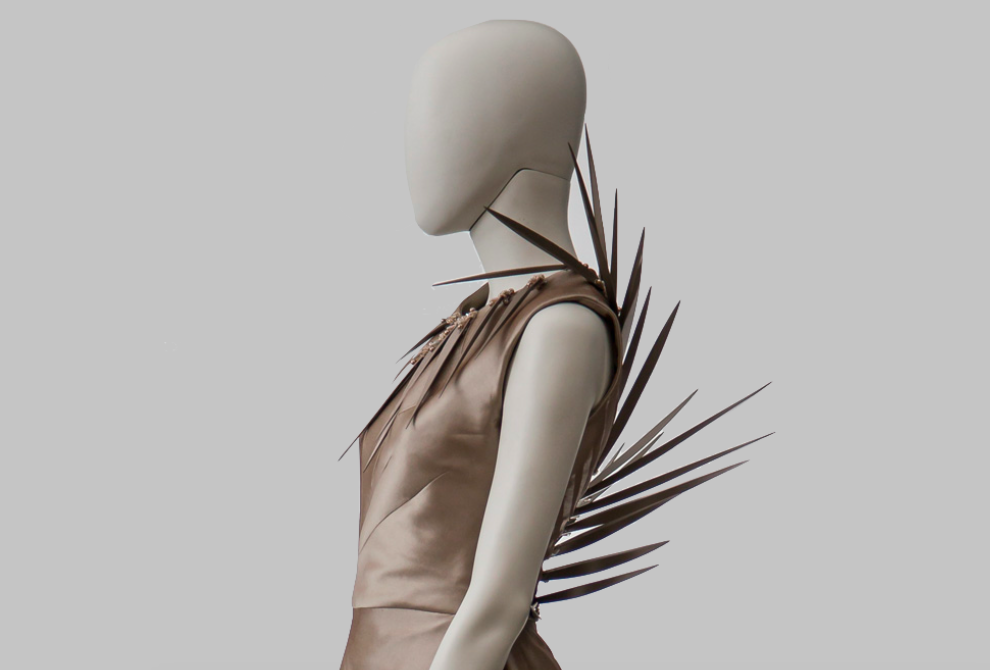
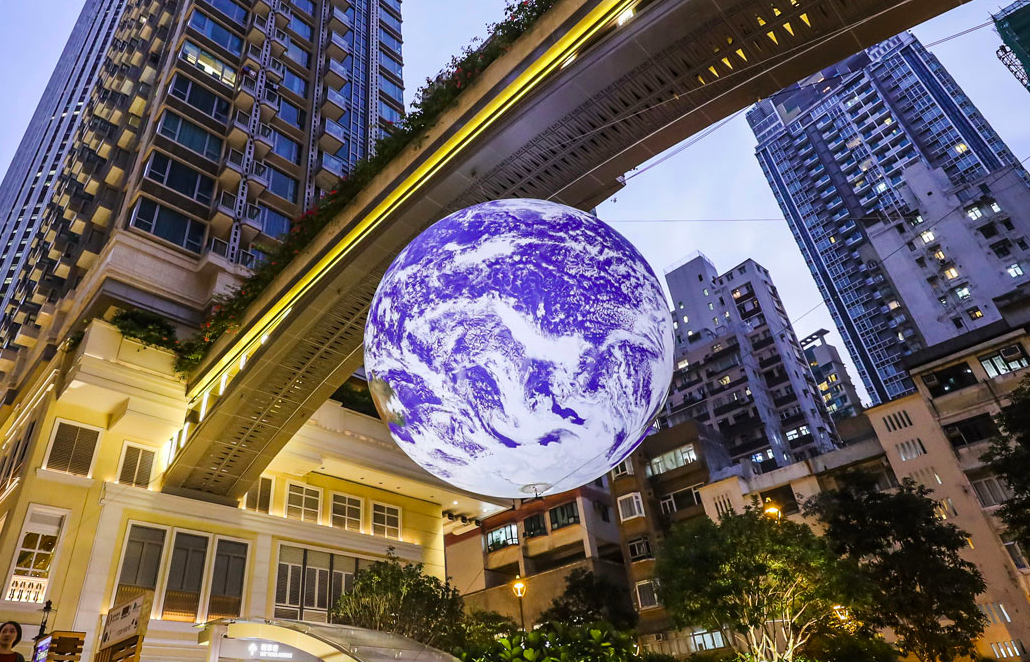
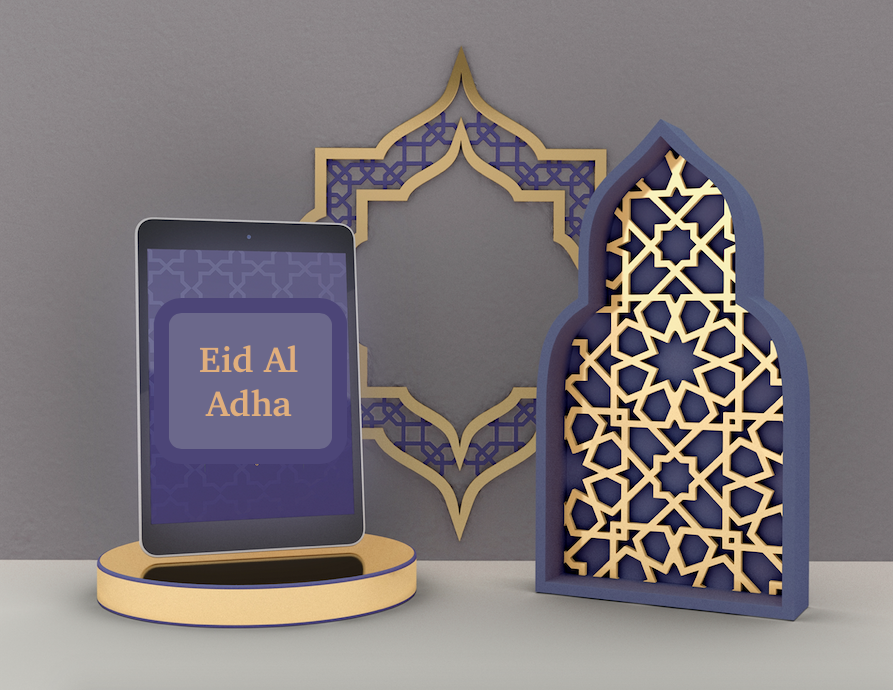
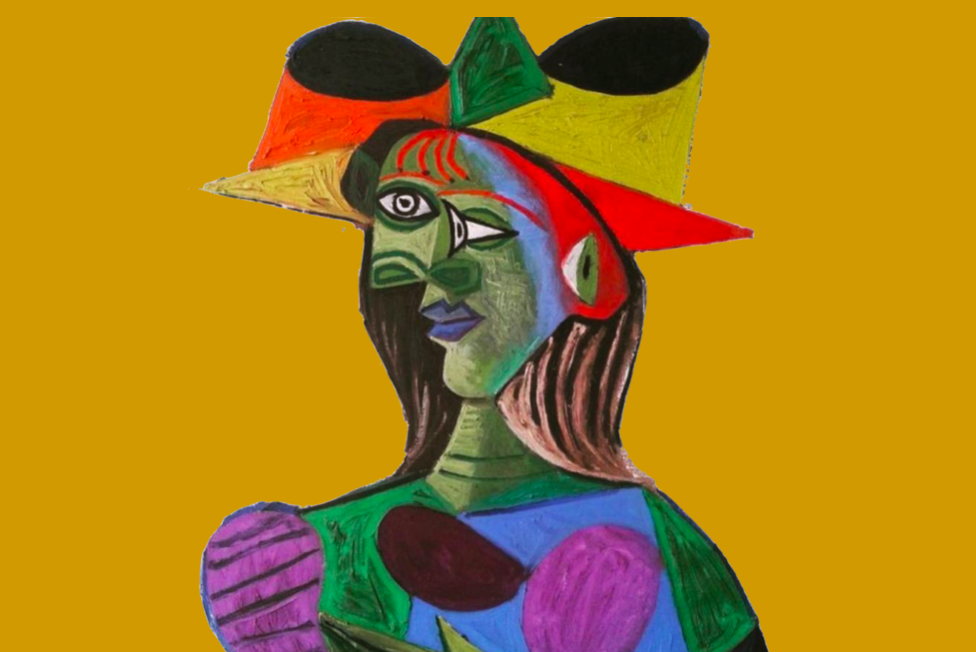
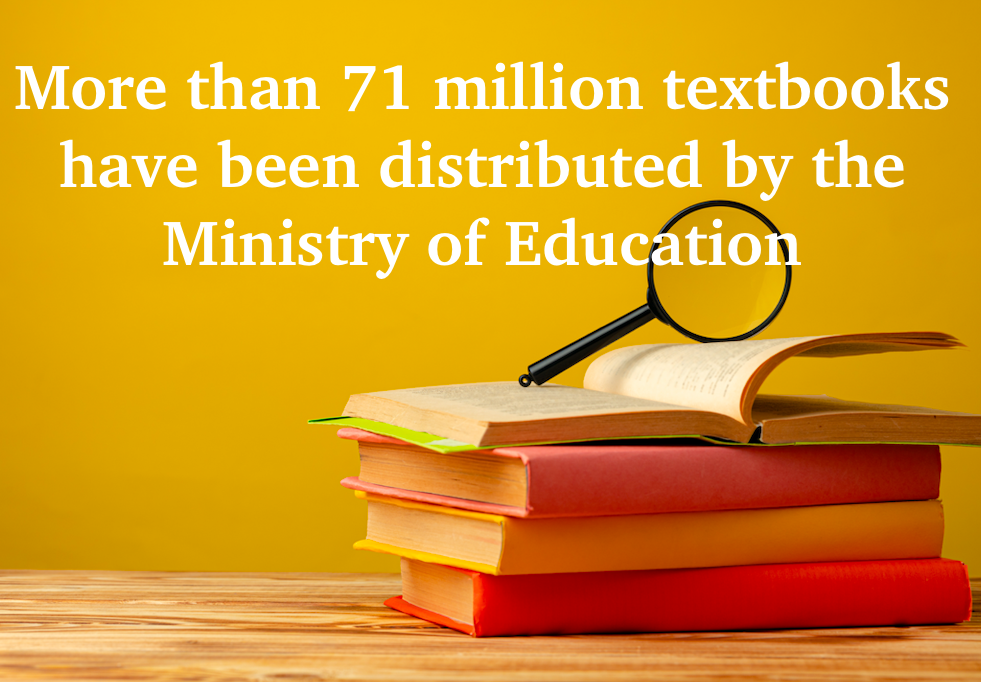
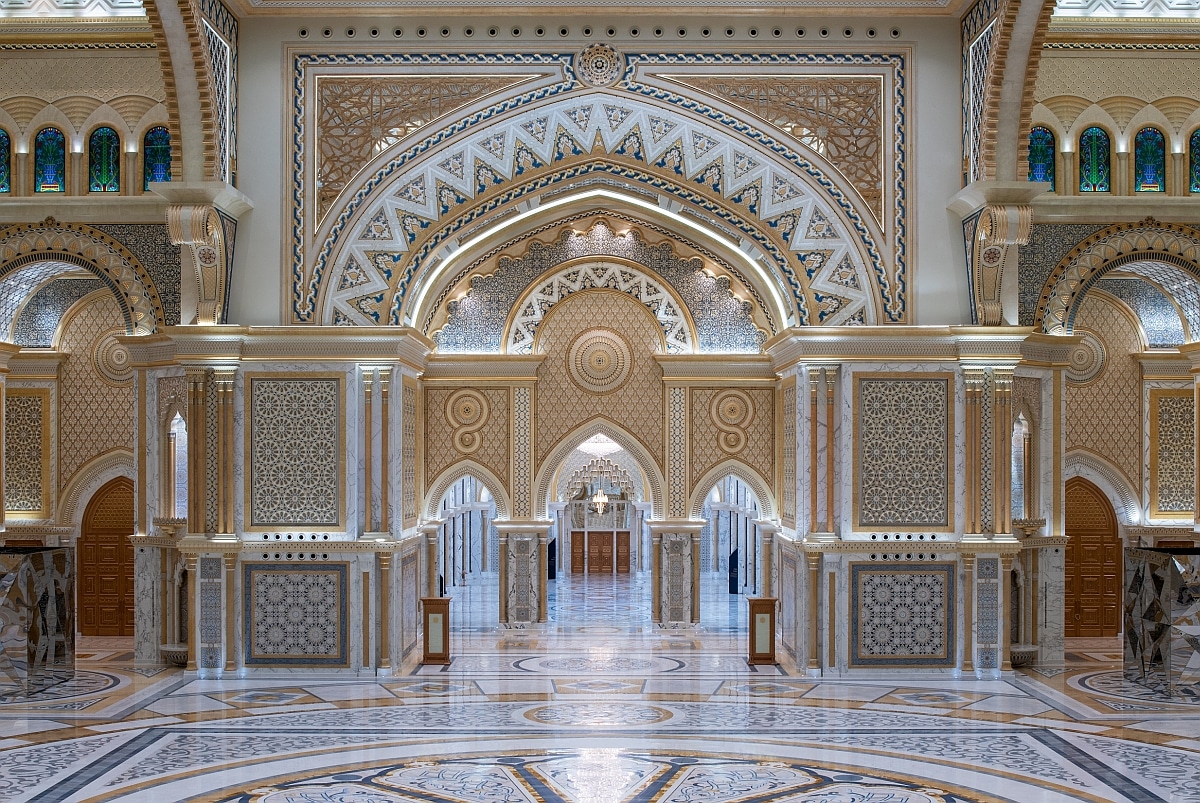
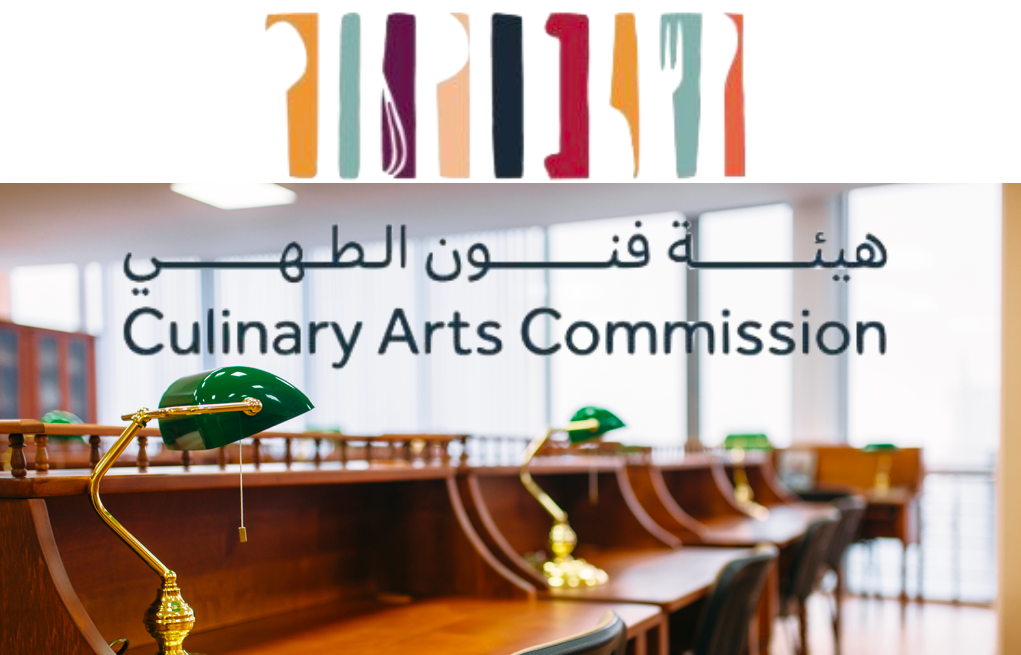

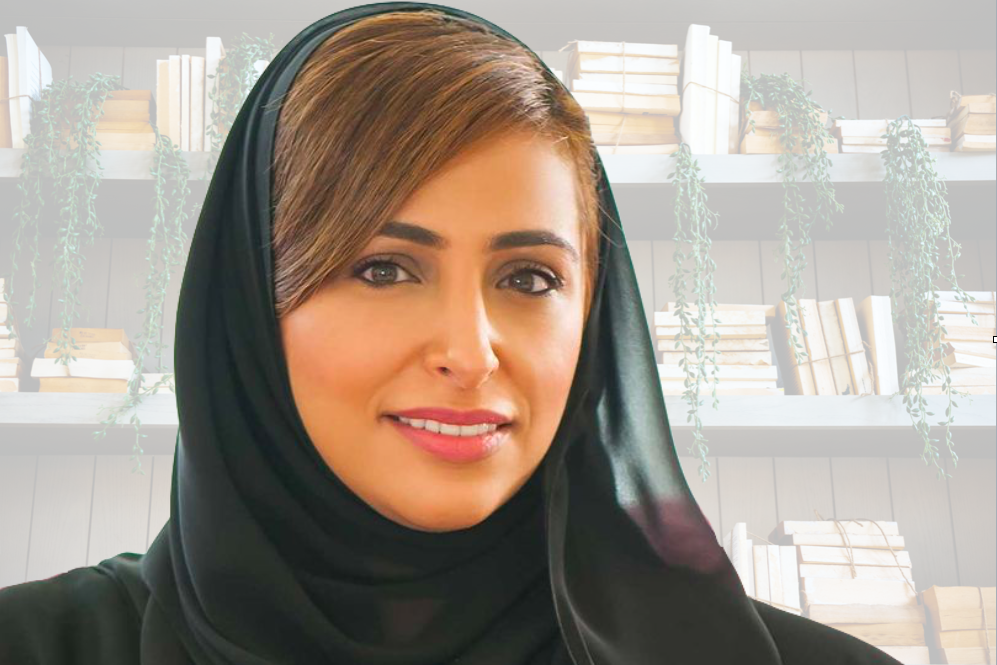

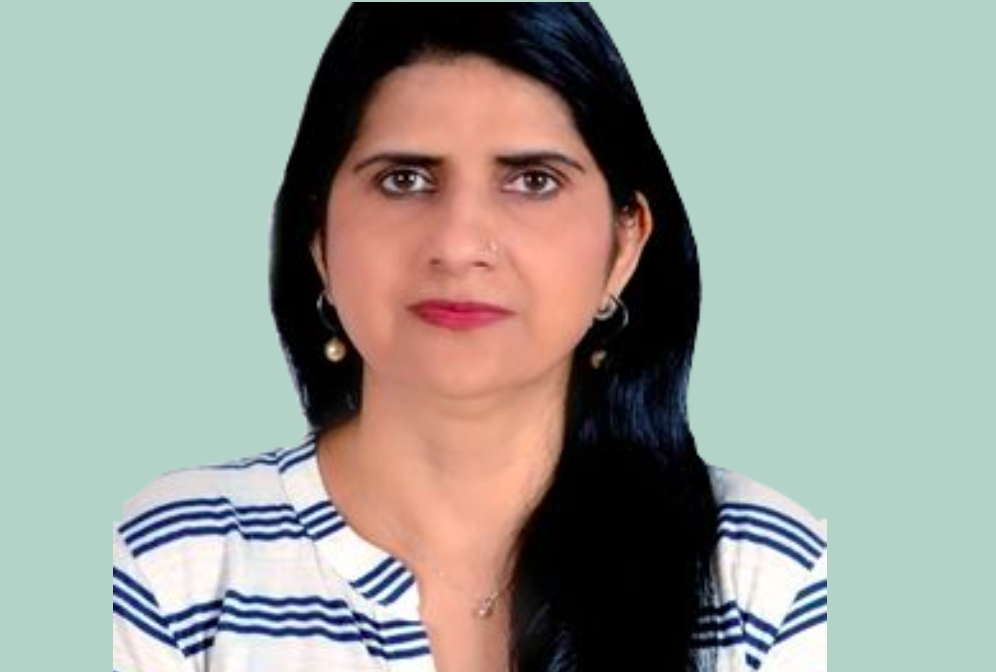
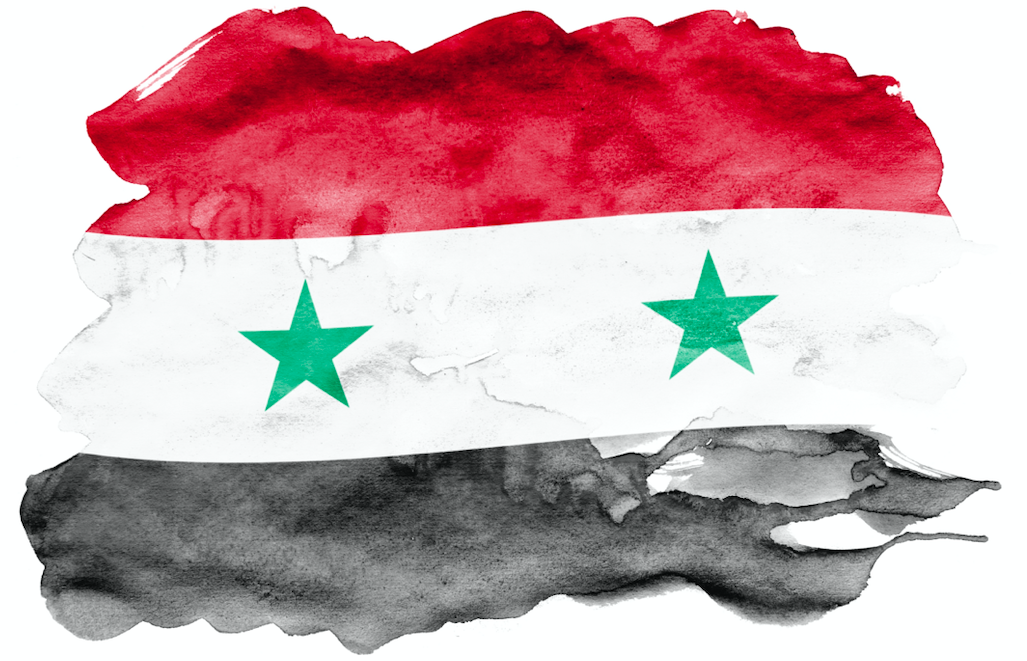

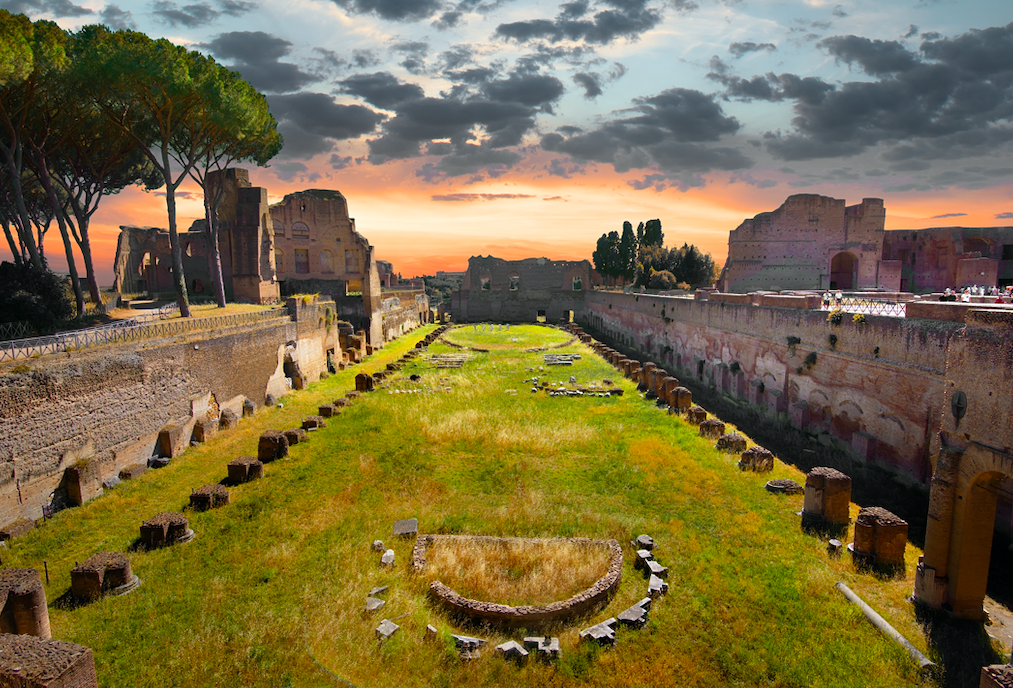
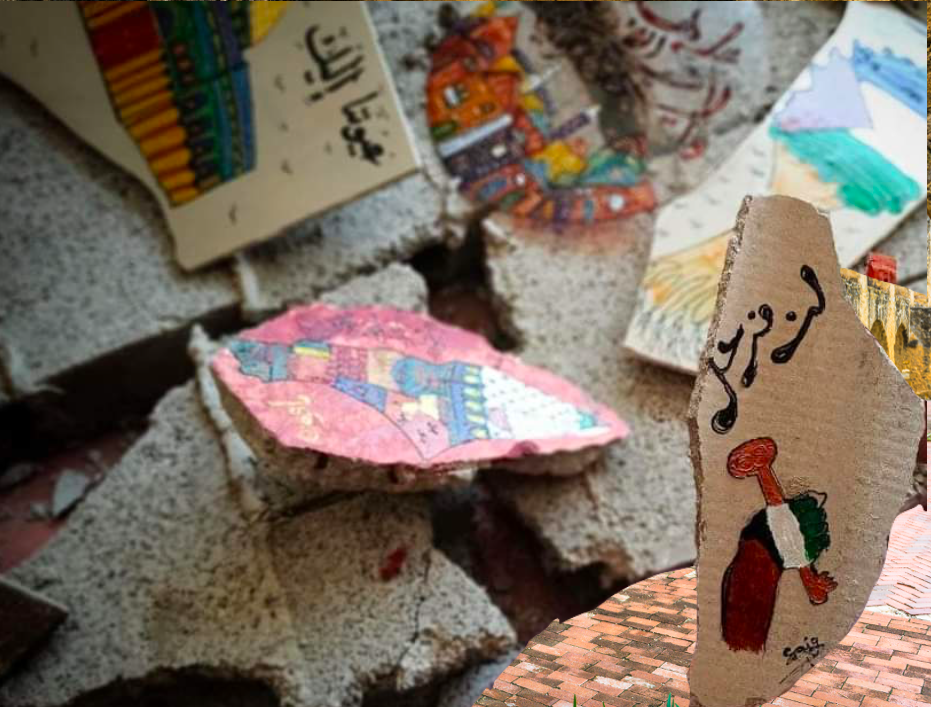
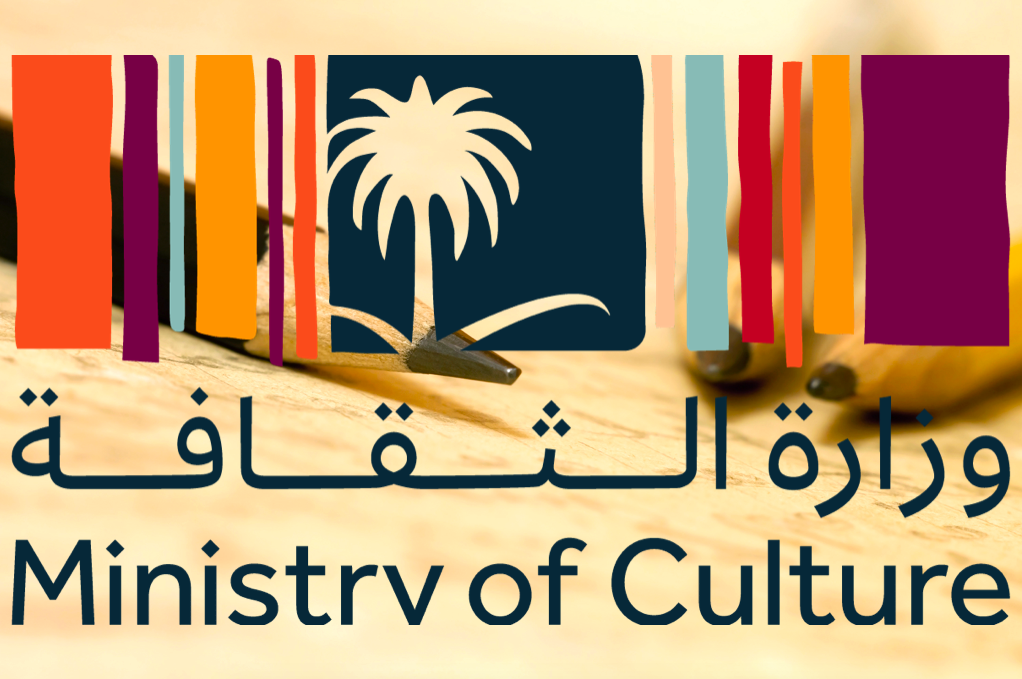

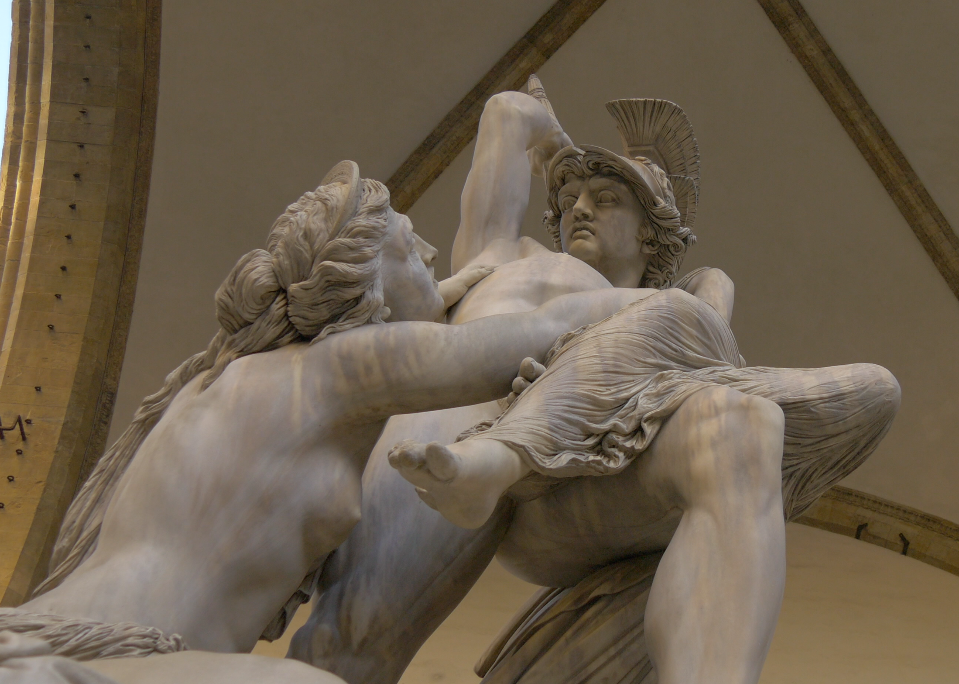




 ENG
ENG



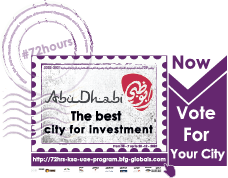
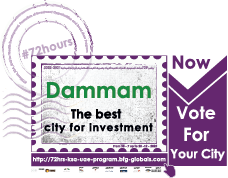

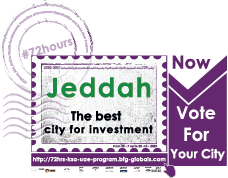
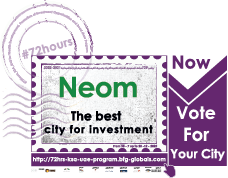


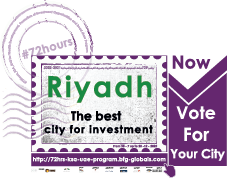
































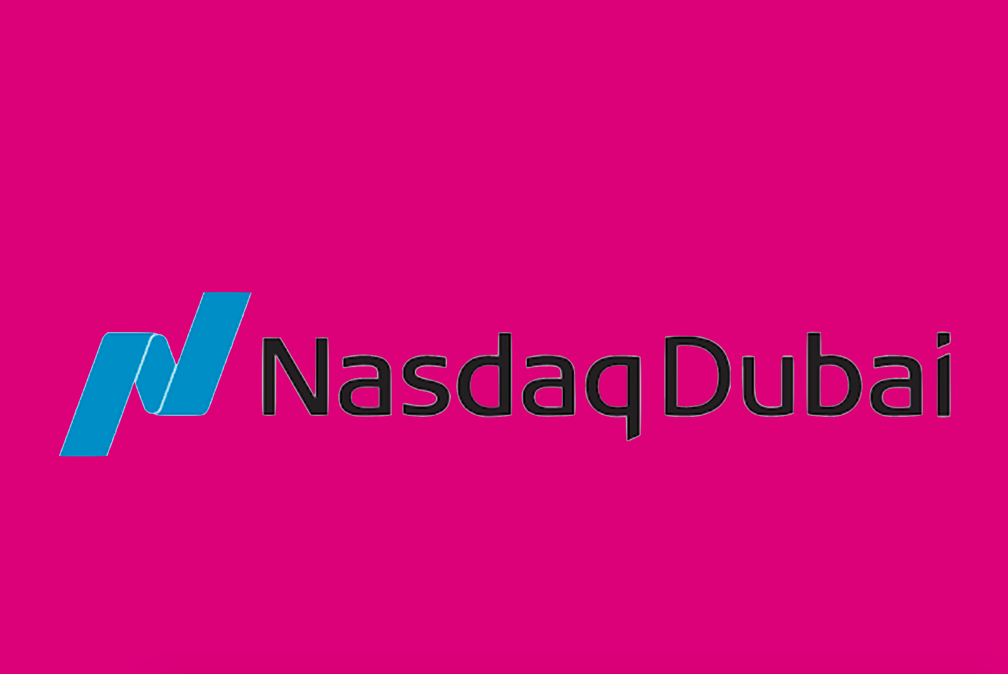
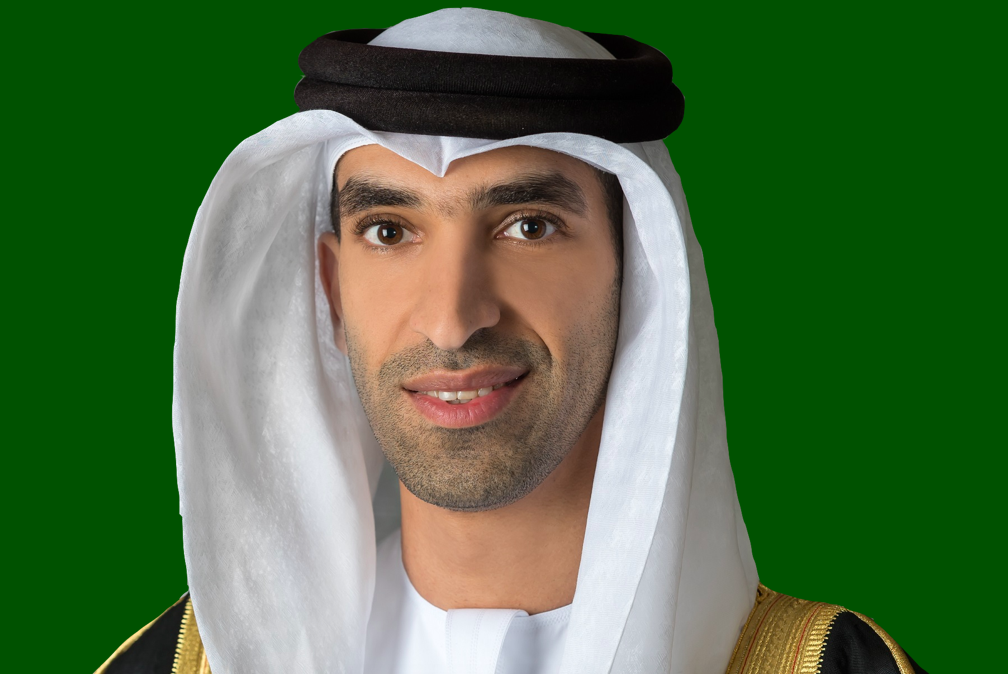








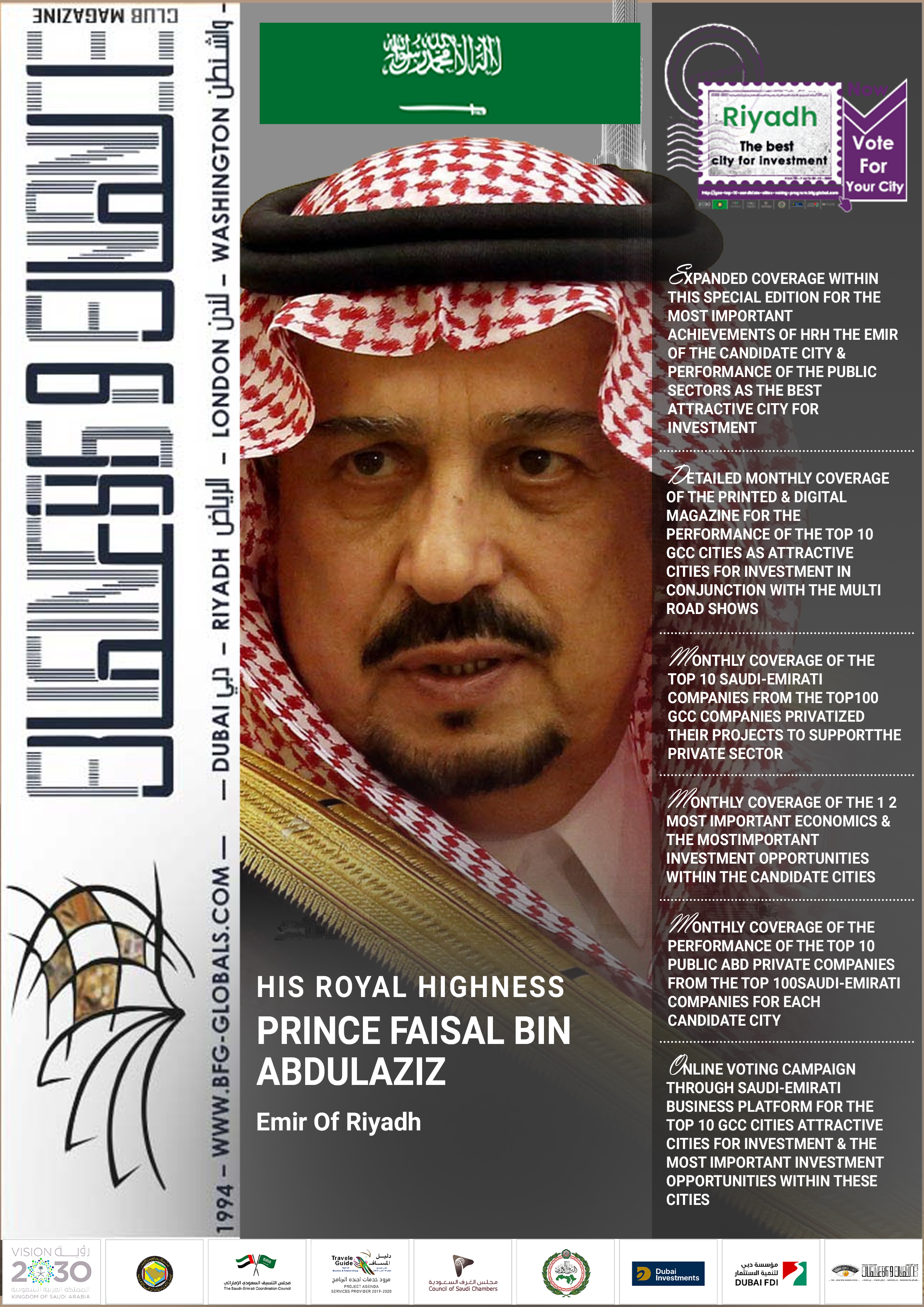
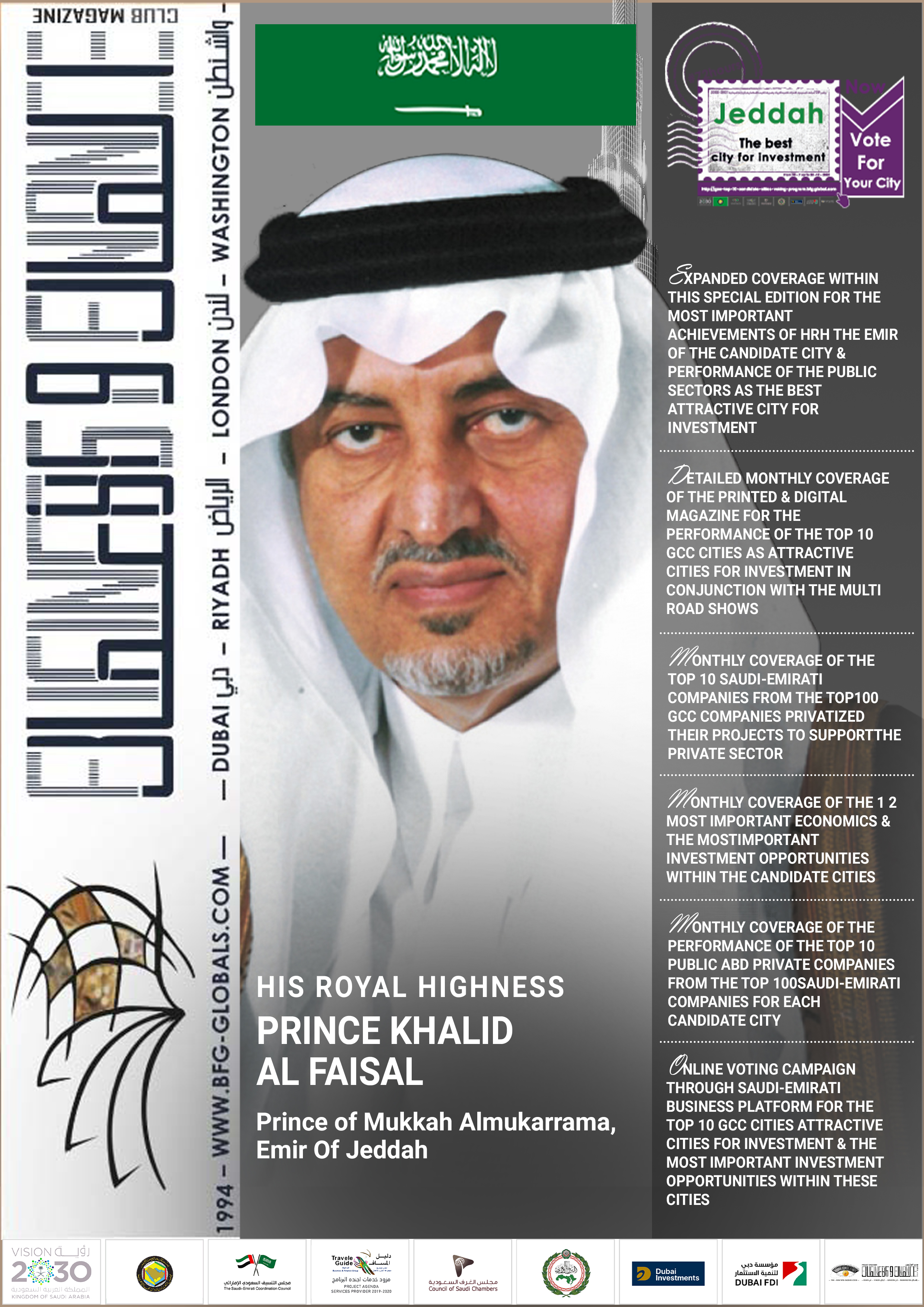
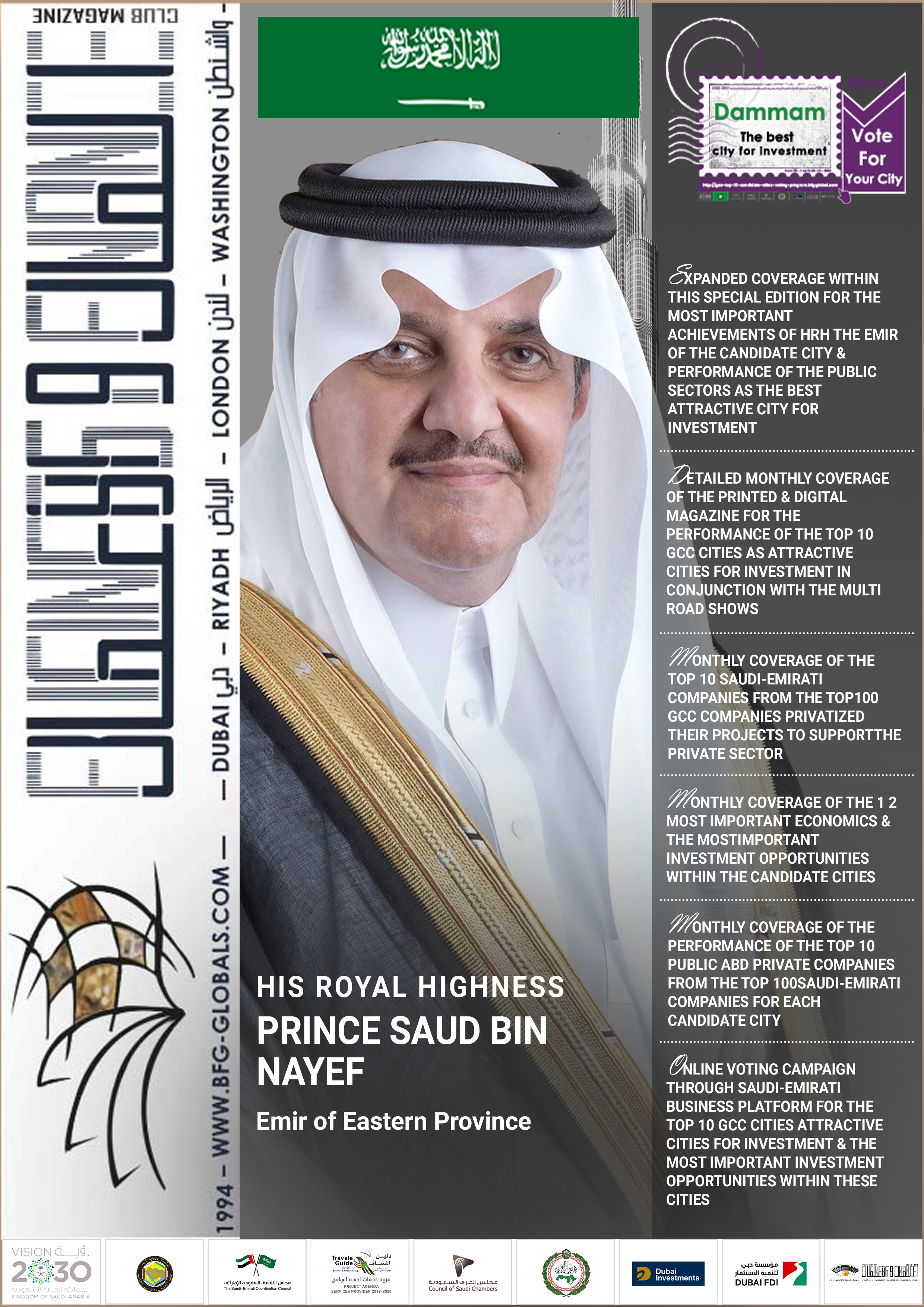
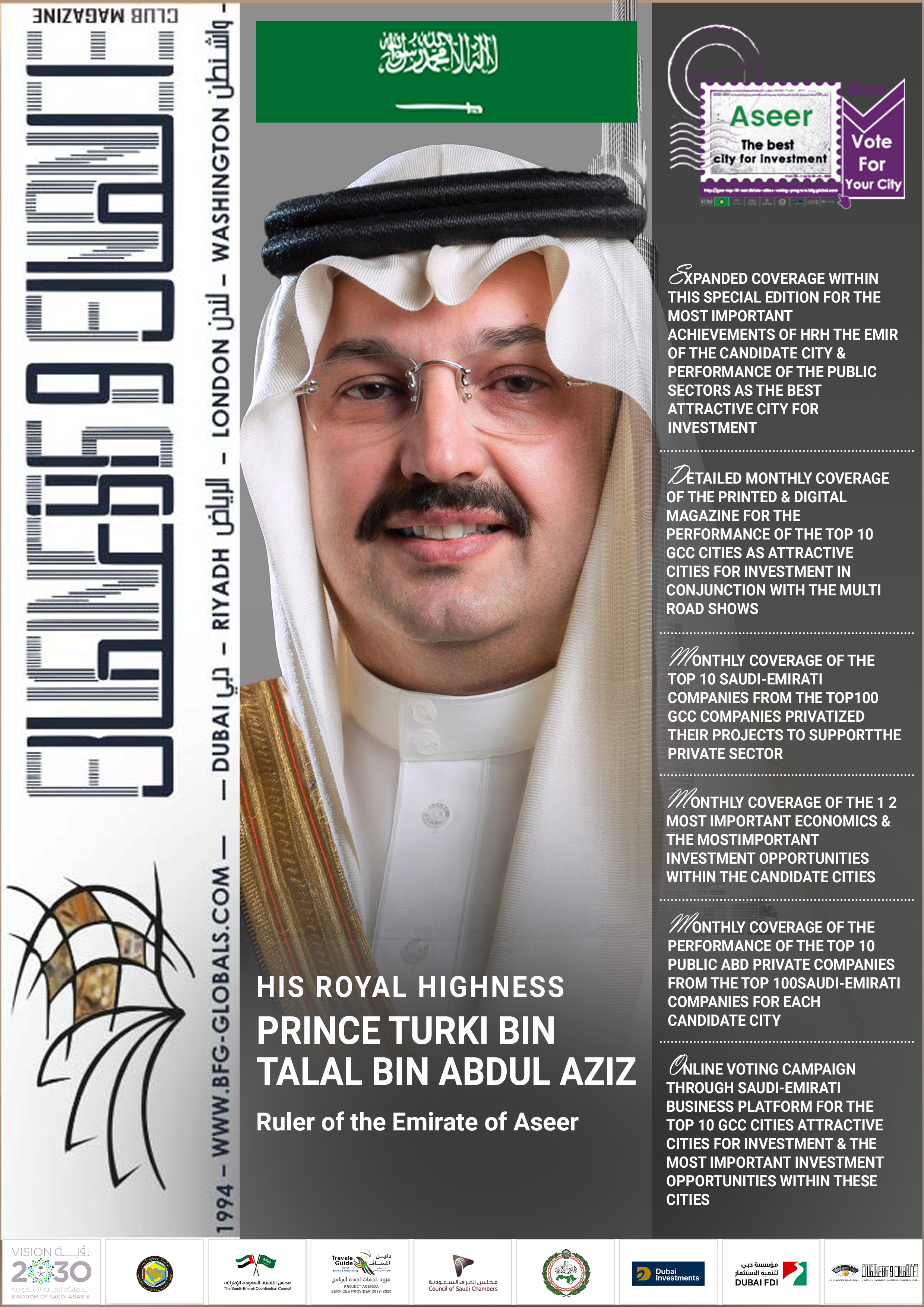
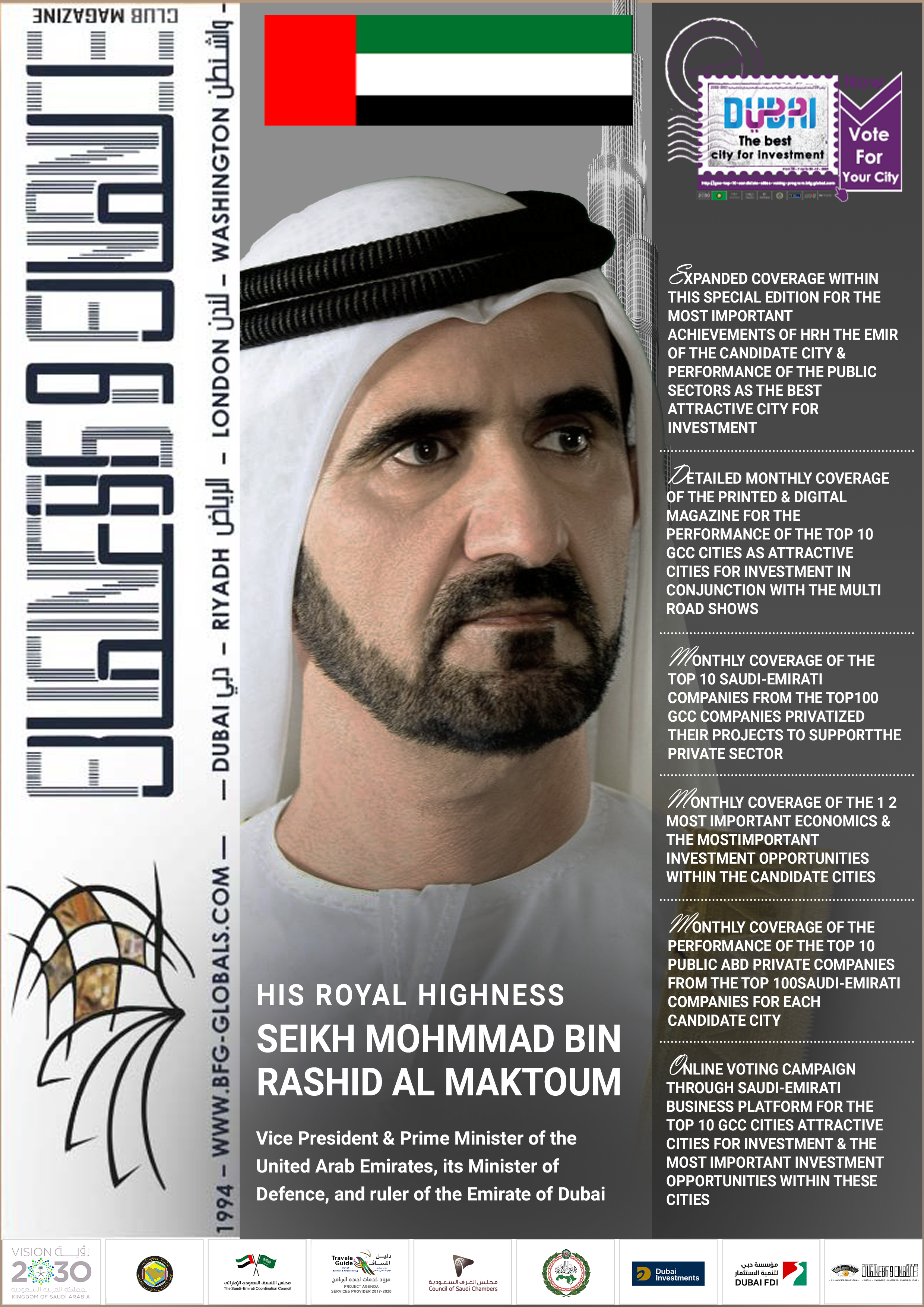
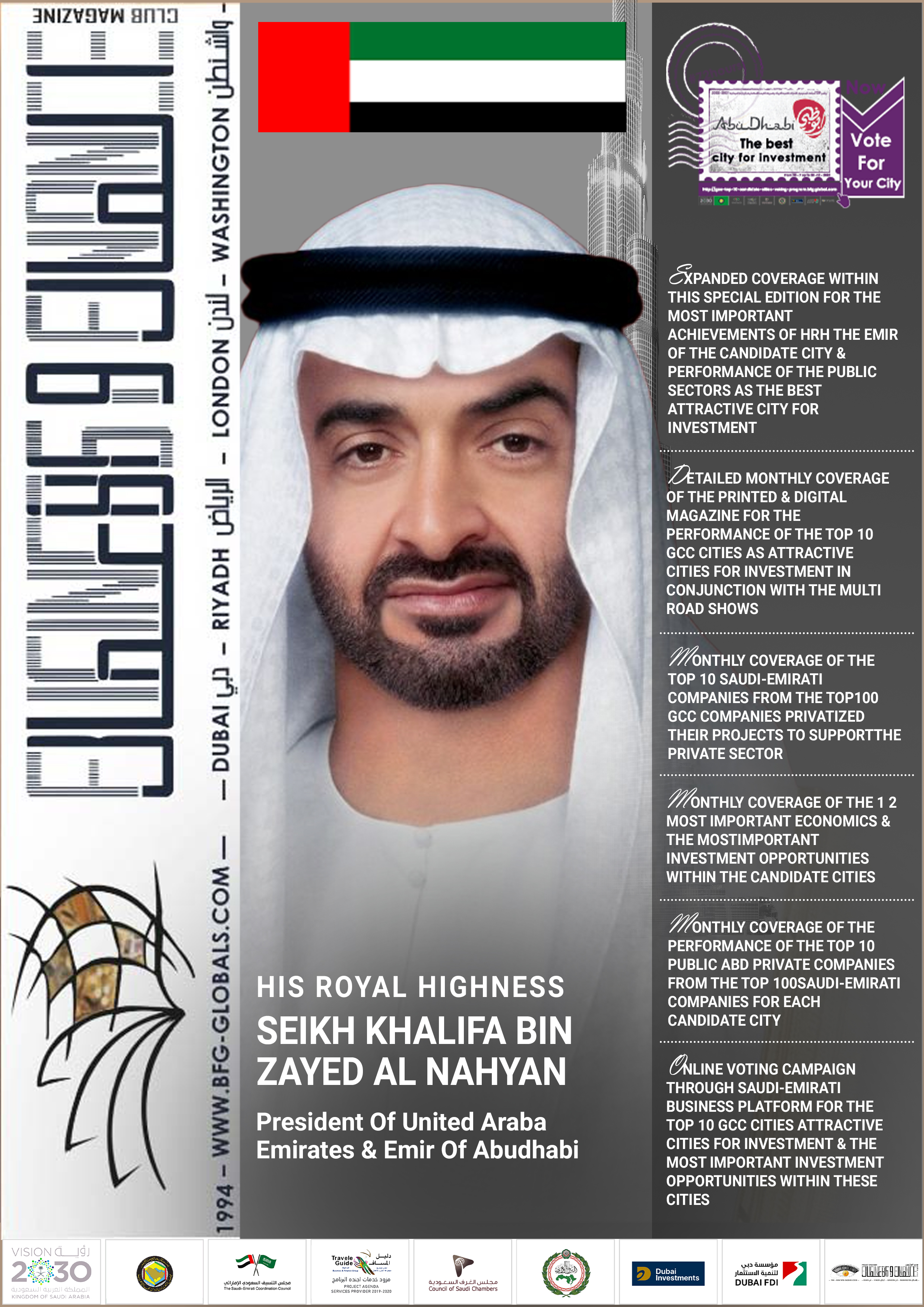
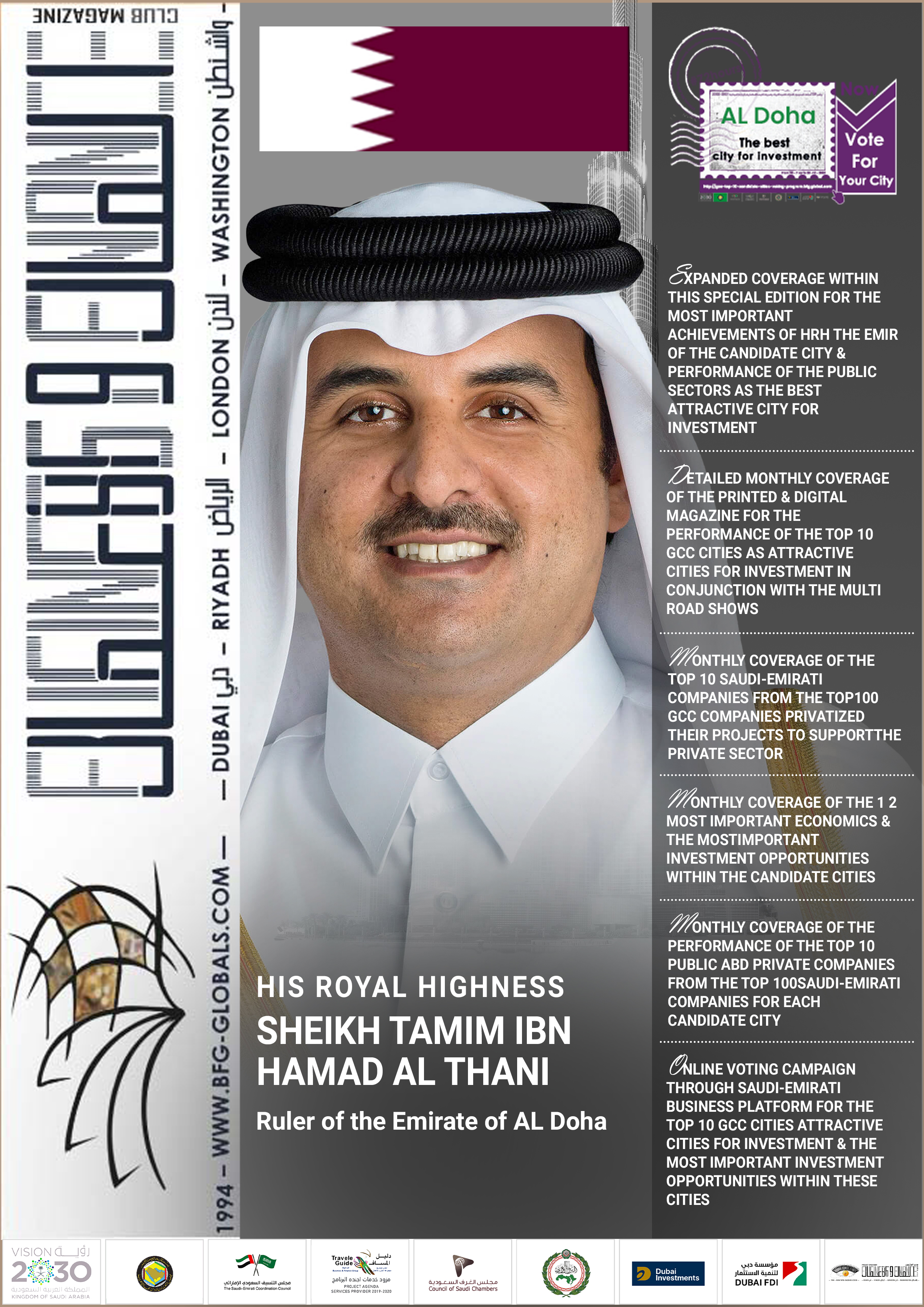
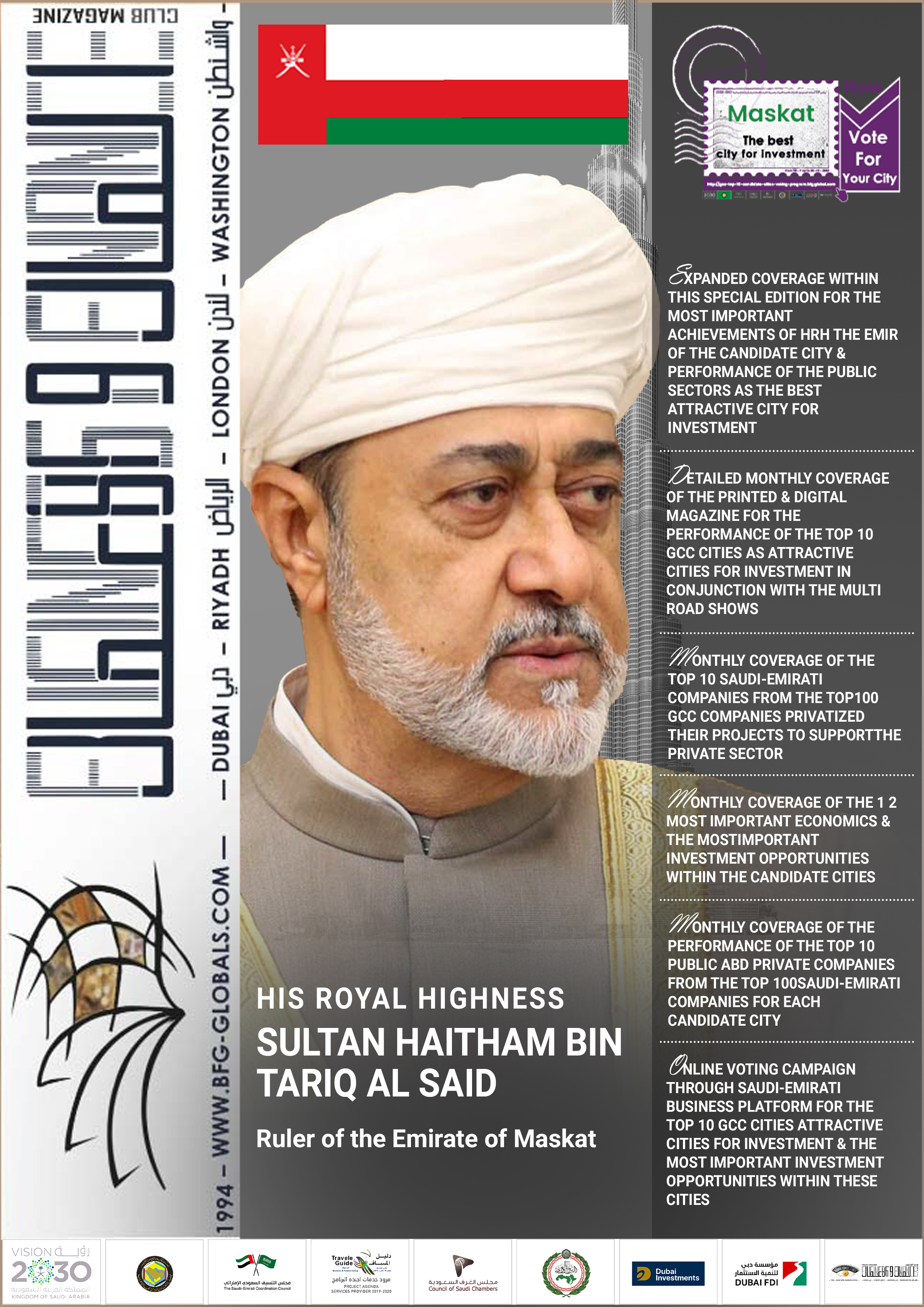
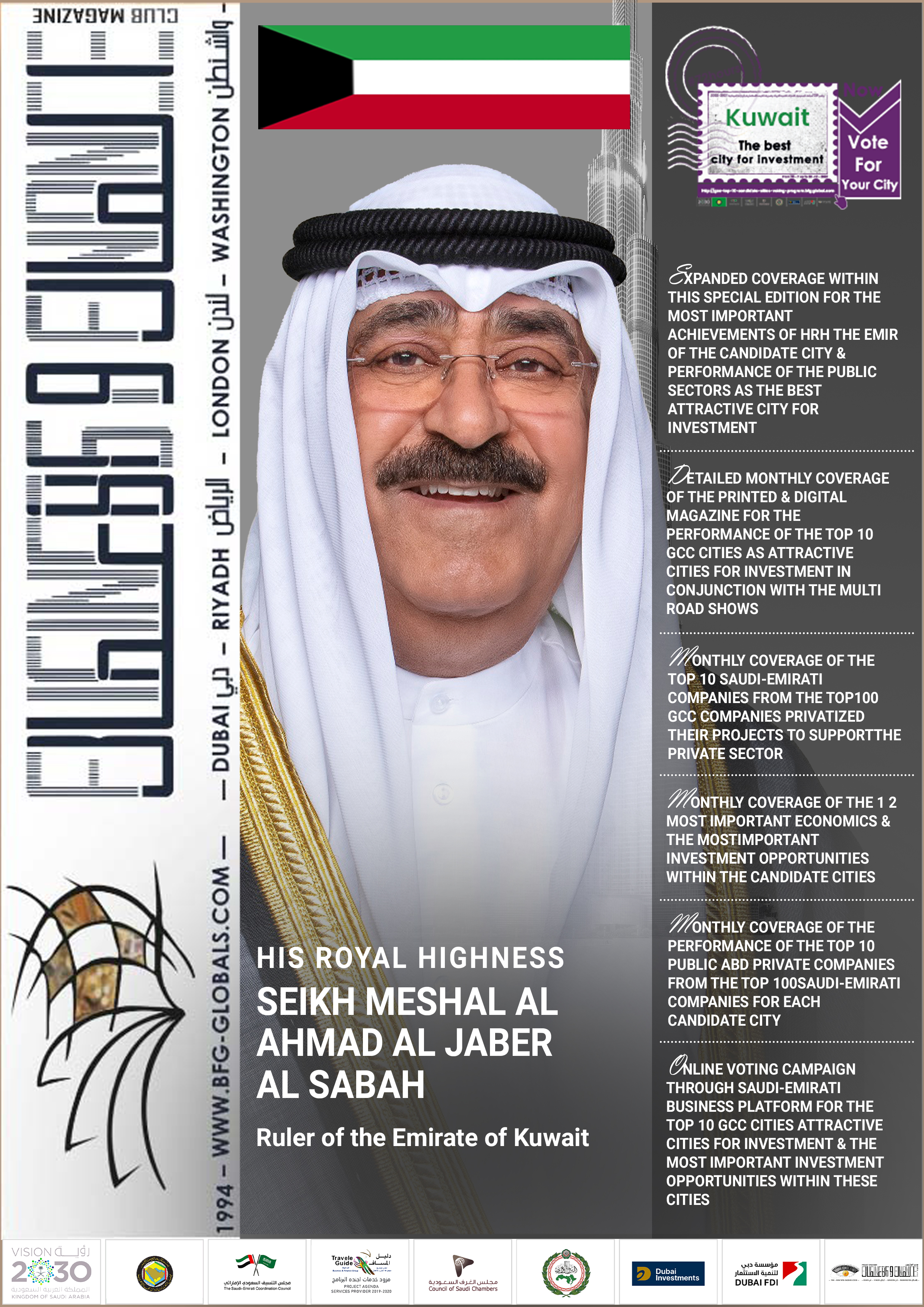
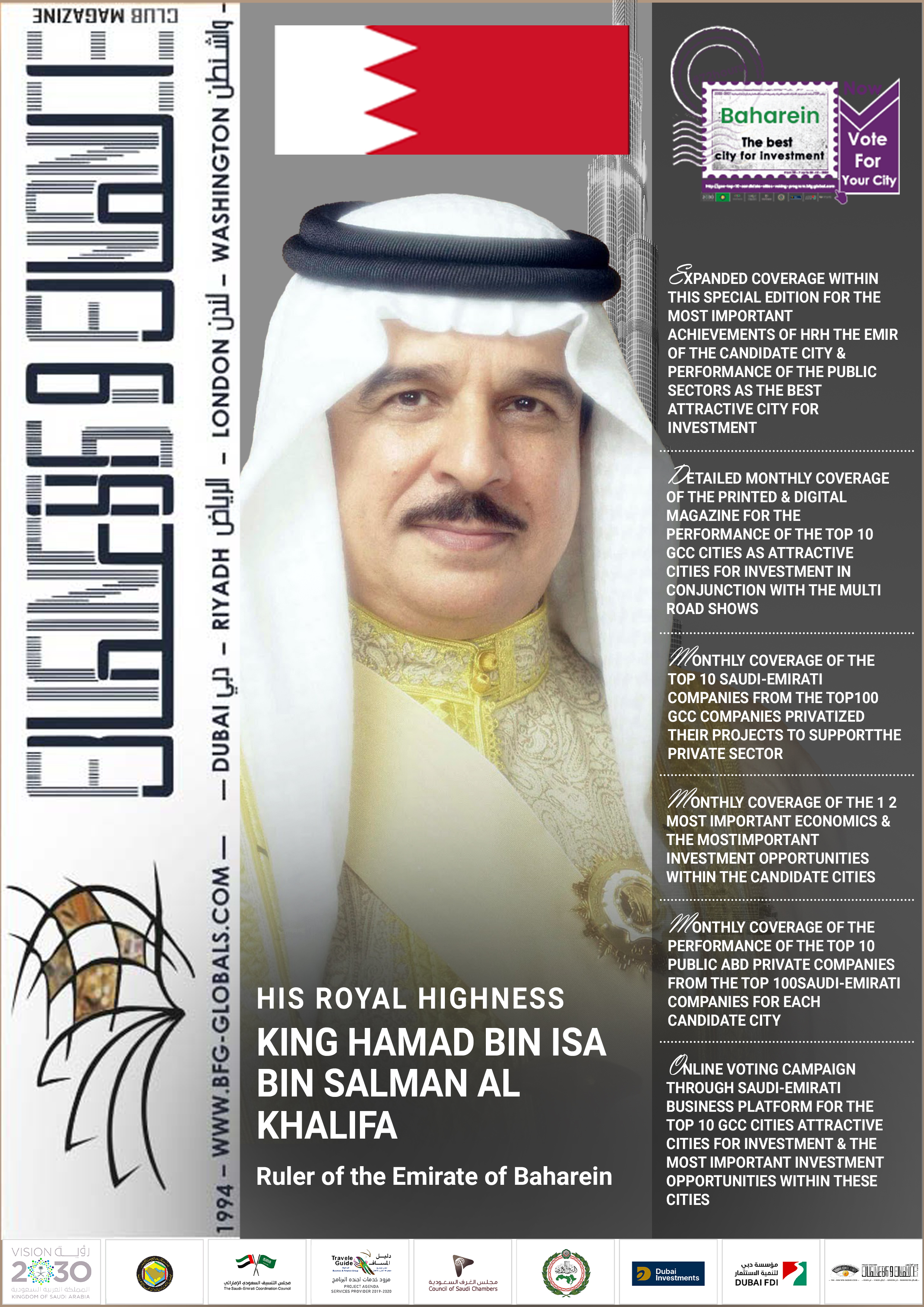

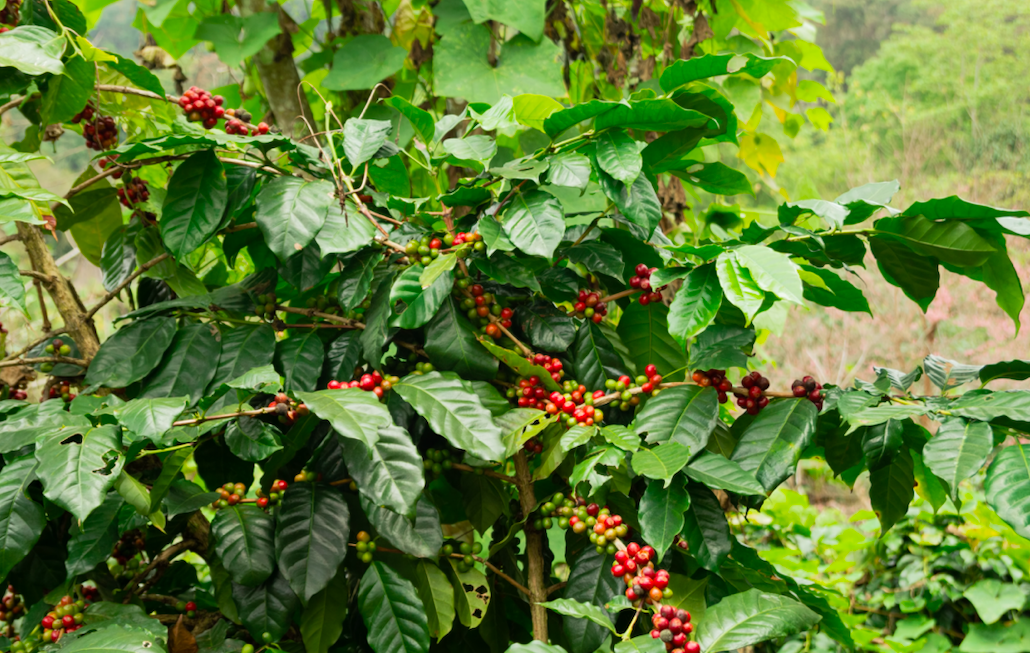
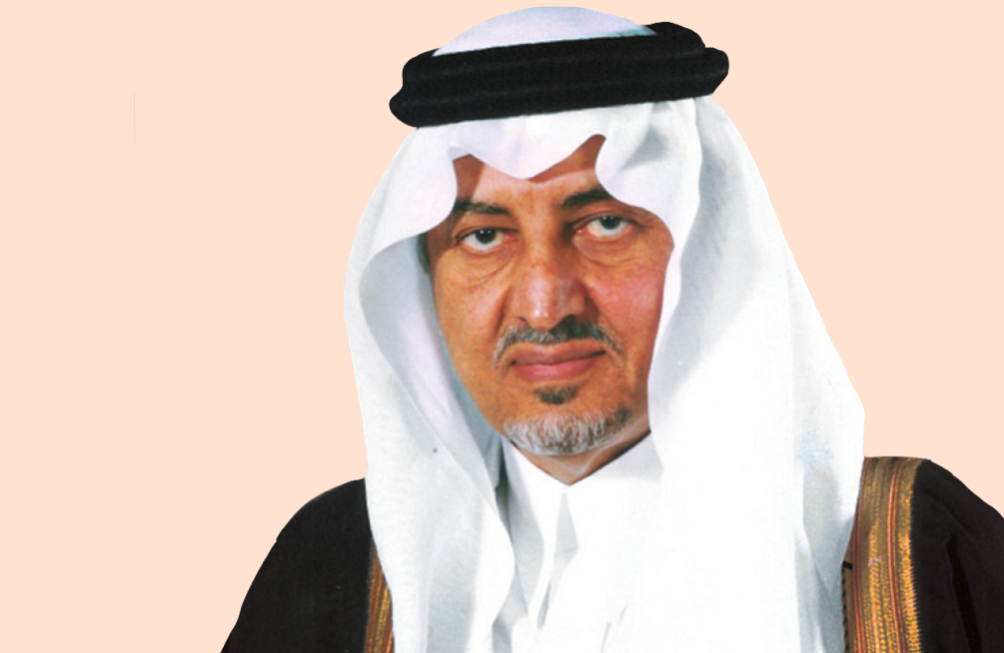
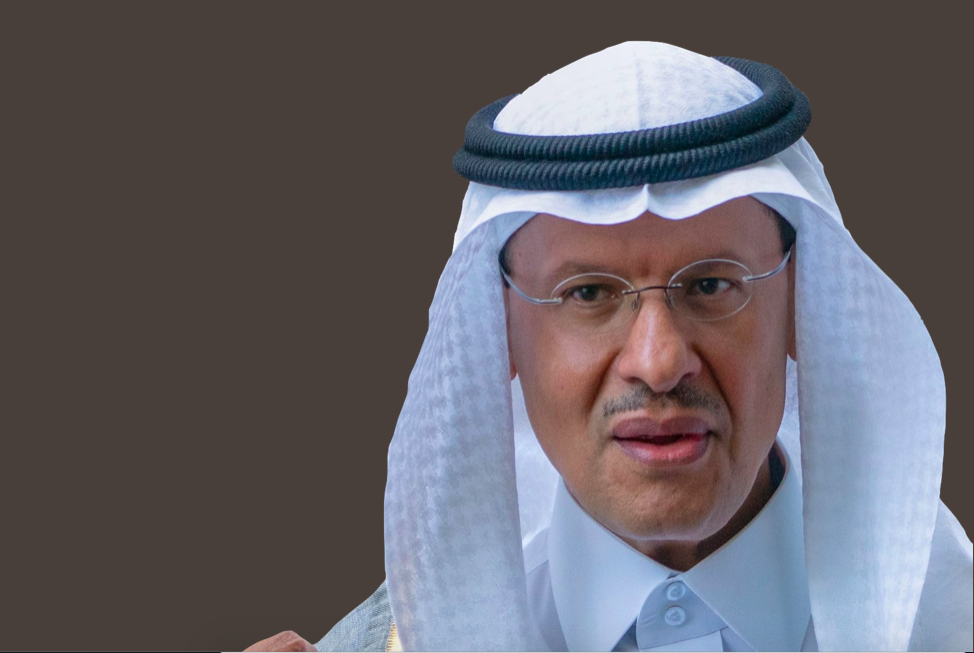
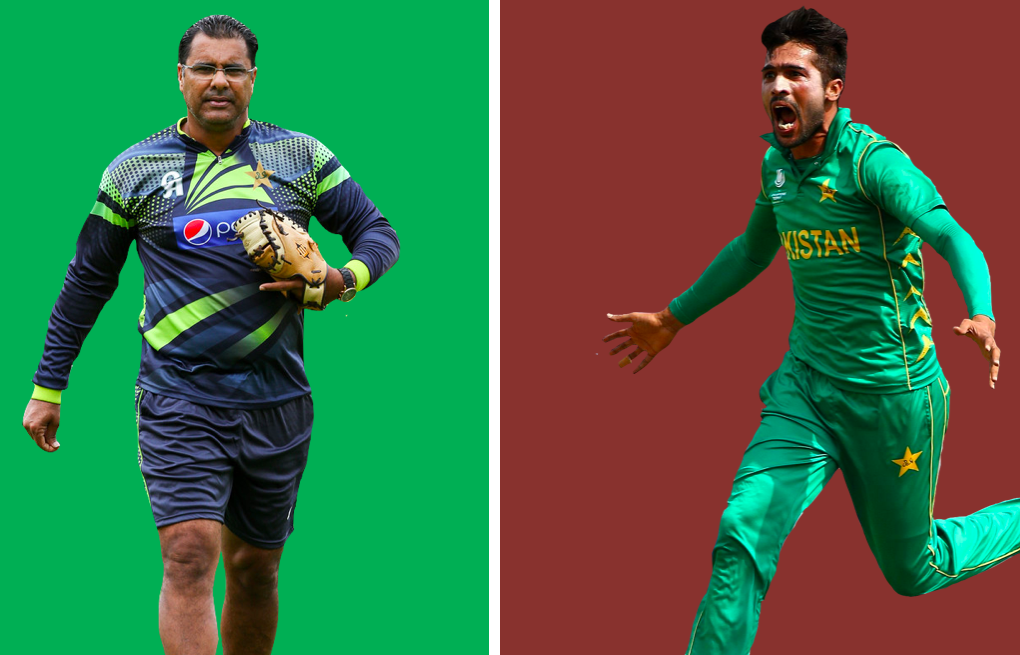
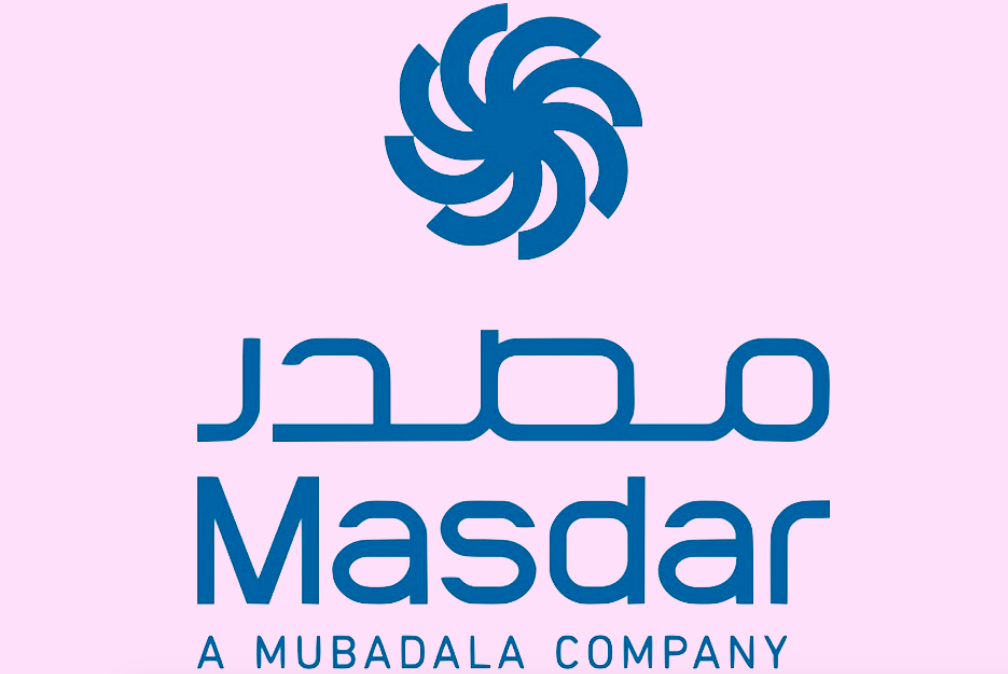

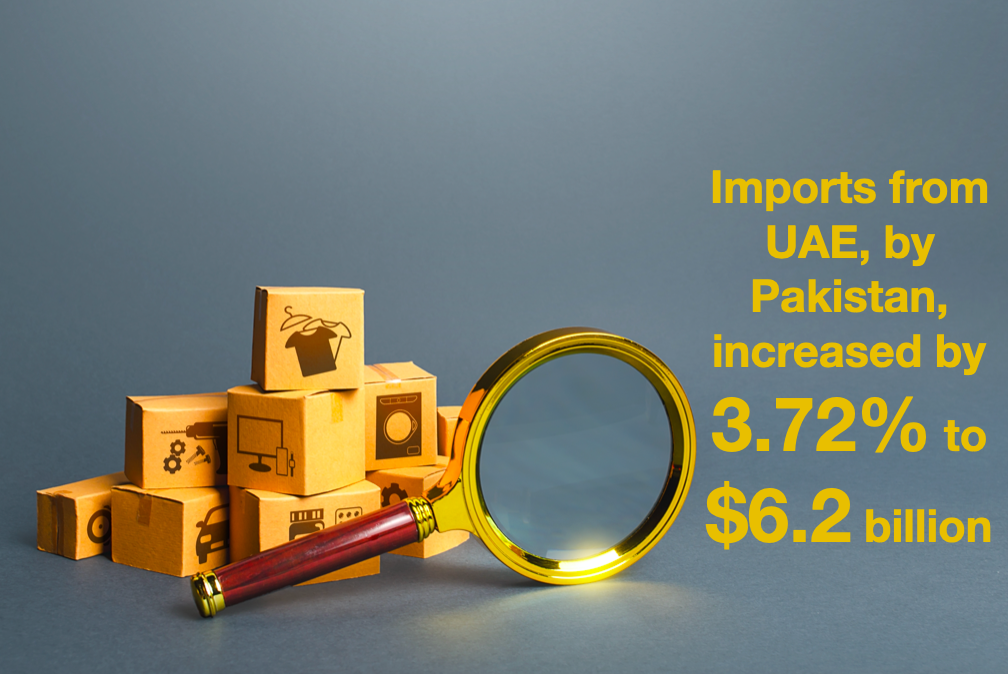
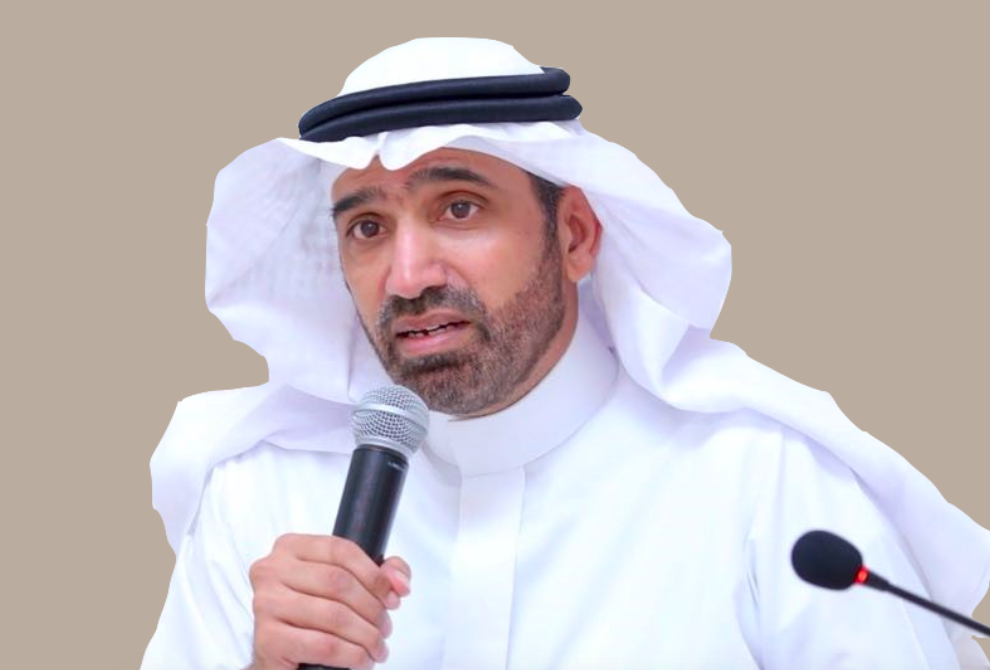
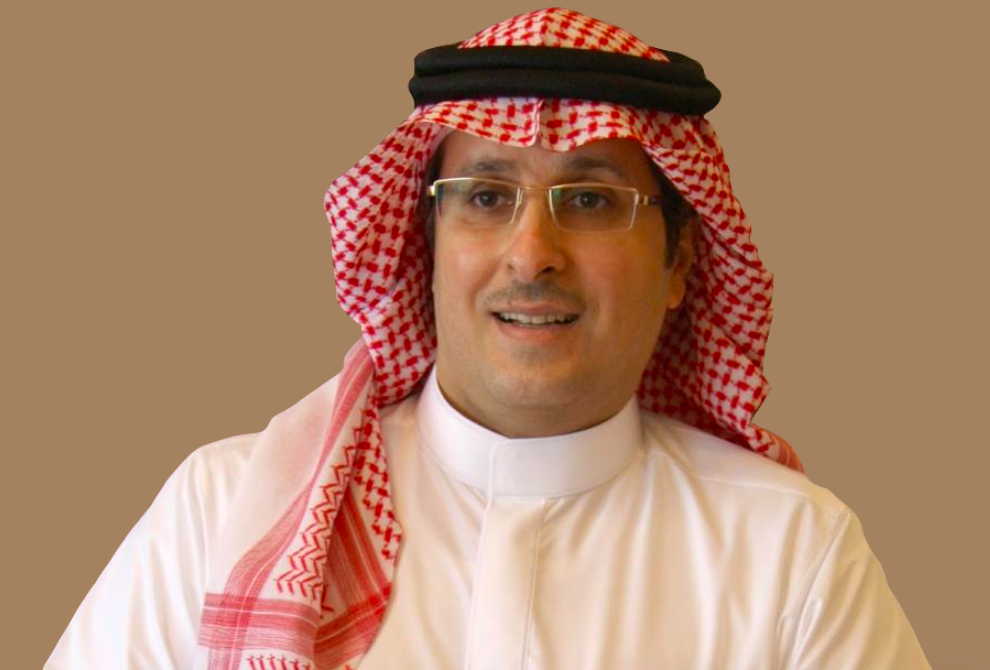



CONNECT WITH US: